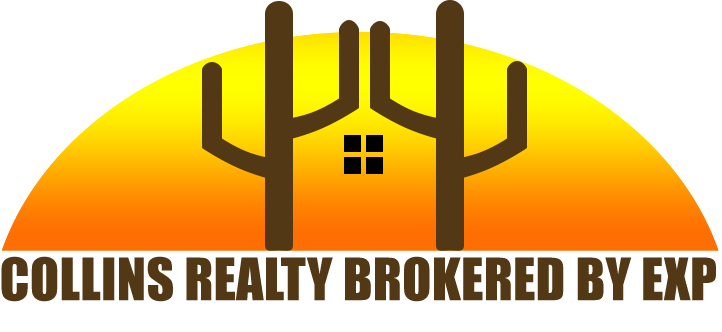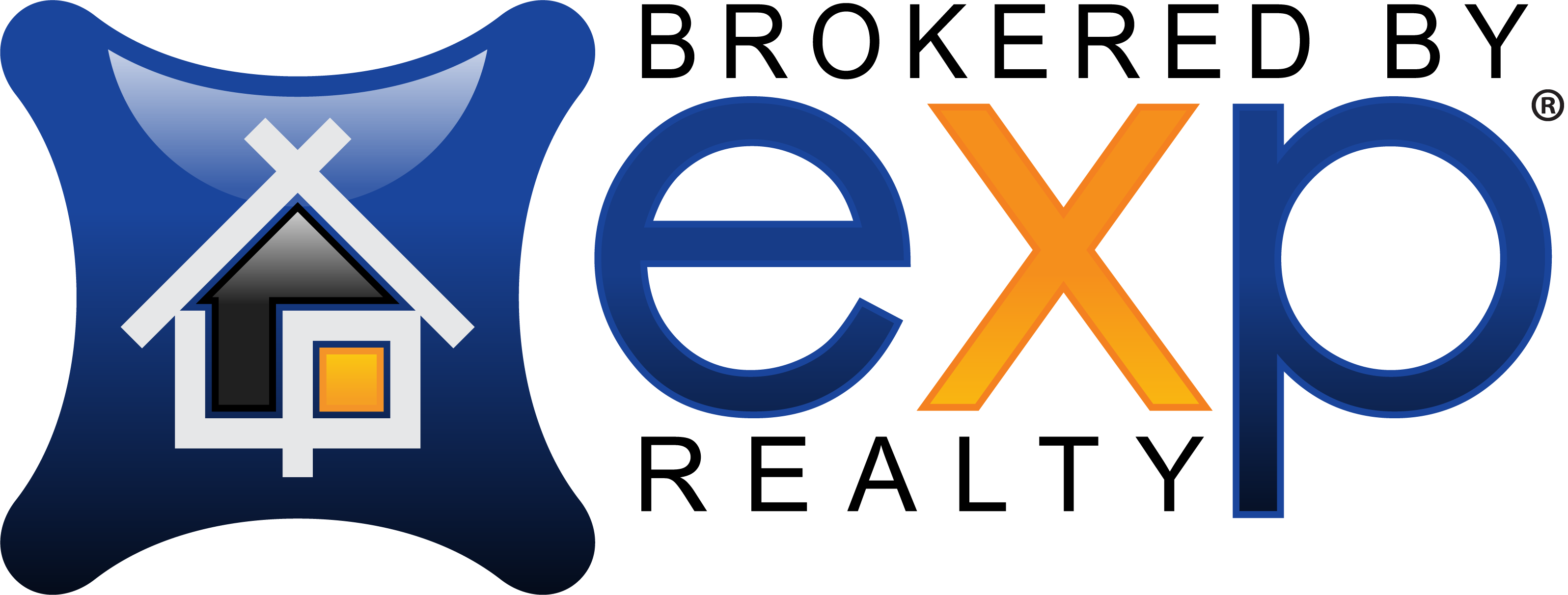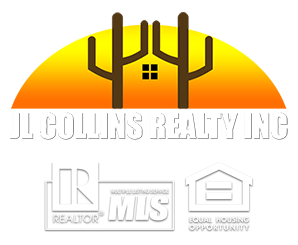Resources for Buyers
Advantages of Owning a Home
While some people choose the flexibility of renting and being somewhat free of maintenance while having the ability to move often, many choose ownership for other reasons. It would be nice to say that the main reason for owning a home is the pride of home ownership, but that’s not quite true for most people. Their reasons are purely economical and there are clear financial advantages.
Building Equity
The difference between what you owe on your home and its value is called equity. In the early years of a home mortgage, most of each payment will go toward the loan interest, but later it will gradually go more and more toward your principal balance (what you owe). Through the years your payments will reduce this balance, thus raising your equity. Plus, if your home increases in value, your equity will rise even more. Your equity is like a savings account and it could prove very important for future needs such as a retirement plan, or major purchases.
Tax Deduction
By law, you can deduct mortgage interest and property taxes from your U.S. Federal Income Tax and from some state income taxes. This results in significant tax savings, especially in the early years of a mortgage when interest payments are higher. And you may find the tax savings alone makes it less expensive to buy than to rent.
Payment Stability
Unlike renting where payments can increase over the years, a fixed-rate mortgage payment will remain the same for the term of your loan. Other types of loans could vary in the structure of payments and there always could be slight adjustments for tax and insurance, but owning a home can result in being able to depend on stable payments for years to come. During times of inflation when rent goes up and home values rise, renters end up paying more each month while home owners increase their equity as they make the same payment.
Determining the Right Home for You
There are a number of things to consider when choosing the right home and everyone’s priority is different. Where should it be located; neighborhood preference; single or multi-level, number of bedrooms and baths; square footage; yard size; features; quality of schools; age of home; interior or exterior appeal; and most of all, price, because if it’s out of your budget, it can’t be considered.
Make a List
Make a priority list of things important to you. Start with the most important, things you have to have. Then work down the list, putting them in order of most important. After you are done, go up to the top and move down until you get to a place where you can draw a line. Above the line should be all of the items you have to have, and below the line should be all of the things that would be nice to have. This will save you a great deal of time and provide a clear focus for your house hunting.
Working with an Agent
Although the Internet can provide you with homes matching your criteria and it seems easy to drive around, take notes, and set up appointments to view homes for sale, using an agent can be more efficient. They can do the same thing for you, but by working with an agent, you benefit from their knowledge and experience also. Their advice could better help you determine the right home for you and they can assist you with the actual purchase contract.
What to Do When You Find the Right Home
Considering everything has come together, the price is within your budget, and a home has met your demands, it’s time to make an offer. Part of the offer should require a home inspection so you have reliable information about any major problems or repairs you might incur and how they will be handled. If your offer is accepted, the sale proceeds. If your offer is not accepted, the seller may counter-offer with different terms.
Figuring What You Can Afford
In addition to your monthly mortgage payments, there are many things to factor in when determining how much you can afford, or even if you can afford to buy a home at all. There is a down payment for the loan, closing costs, moving expenses, plus purchases and maintenance for the new home. Generally, your annual gross income multiplied by 2.5 will give you an approximate amount for the price of home you can afford. It could vary depending on how much you have as a down payment, your debts, financial situation, and credit history/rating. Your debts, including alimony and child support, should not be more than 30 to 40% of your gross income.
Monthly Mortgage Payment
Lenders want to make sure you have the ability to pay your loan. As a general rule of thumb, you can figure that your monthly mortgage payment should be equal to or less than 25% of your gross monthly income. This also will vary depending on circumstances.
Amount of Money Needed
You will need money for a down payment and closing costs, plus any move related expenses and maintenance or repair costs for your home.
» Down Payment – Your down payment is a percentage of the property value and is usually from 3 to 20%, or more if you want a lower loan amount. This can vary by the type of mortgage you obtain. Also, if your down payment is less than 20%, you may be required to pay mortgage insurance (PMI or MI).
» Closing Costs – these are settlement costs involved in purchasing your home. They range from 2 to 7% of the property value and include such things as points (a percentage paid for securing a particular interest rate), financing fees, taxes, title insurance, pre-paid and escrow items, and your down payment. You will receive an estimate of these costs prior to closing.
What to Know About Credit
There is nothing more important than your credit when it comes to buying a home. The first thing a lender will do is review your credit report. This is a history of money you have borrowed in the past and how you have repaid those debts. It contains a list of debts such as credit cards, car loans, and other loans. It shows any bills that have been referred to a collection agency. It lists other public record information such as liens or bankruptcies. And, it documents inquiries about your creditworthiness and whether you were extended credit or not. Your credit report is constantly updated and most information is deleted after 7 years (10 years for bankruptcies). This credit information then helps generate a computer-derived number that indicates your risk as a payer of debts. This is called your credit score. Your credit history and/or your credit score is used to decide whether your loan is approved and it could be used to determine your interest rate.
If You Don’t Have Credit
If you haven’t established credit, start now. Perhaps apply for a credit card or two, then use them carefully and pay them off each month. Once you’ve done this, you’ve started your credit history. Next, apply for credit on a store purchase such as an appliance, or a TV. Do this even if you have the cash to pay for it. When the first bill comes, use your cash to pay it off in total. You see, buying on credit and paying it off helps your credit better than buying something for cash.
If You Have Bad Credit
It can take awhile to improve bad credit, but it can be done. Since credit scores reflect much of your most recent activity, the first thing you should do is to start paying on time. Pay all of your bills, even if it’s just the minimum. Never pay less than what is due, and never pay late. And, don’t max out your credit cards because it indicates poor money management. One of the best things you can do is to make a budget to help with your monthly expenditures and then live by it. Also, start a savings account and make it part of your budget. You will need money for a down payment, or it will help if you lose your job or source of income.


